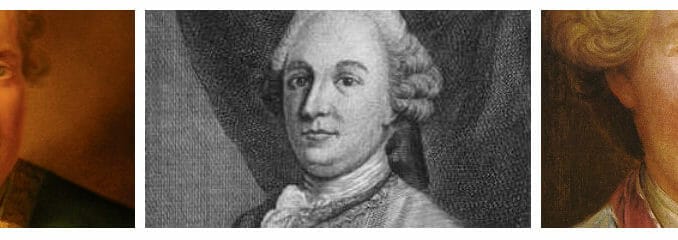
In one of our earlier posts, we put a spotlight on the award-winning movie A Royal Affair, which tells the story of the romance between Johann Friedrich Struensee, court physician to “de facto” ruler, and Carolina Mathilde of Great Britain, queen to King Christian VII. Today, we'll focus on the many political changes Streuensee brought about during his time of power.
On September 15, 1770, King Christian VII dissolved the council of the state, and dismissed the Chancellor Bernstorff. Three days later, Struensee instated himself as the maître des requêtes, or privy councillor, and with the king's diminishing mental health and interest in state affairs, the court physician's authority became paramount and pivotal to the changes in Denmark.
For more than a year, from December 18, 1770 to January 16, 1772, Struensee became the supreme authority, and issued cabinet orders at least thrice a day. As a matter of fact, he issued no fewer than 1069 cabinet orders during “the time of Struensee”. Many of these orders were abolitions, mostly on many aspects of nobility. He sent out abolitions for lackeyism – the appointment of nobles' domestics to public posts, posts that would fetch a high salary. True to his Enlightenment roots, he abolished unpaid labor, torture, and censorship of the press. He also instated mandatory smallpox inoculations funded by the state, as well as homes for orphan children where they would be well-cared for.
Unfortunately, all these cabinet orders drained the royal coffers, and soon Struensee began taking huge chunks out of the military budget. This also provoked the ire of the ex-state council members, and this spurred them to plot his downfall.

Be the first to comment